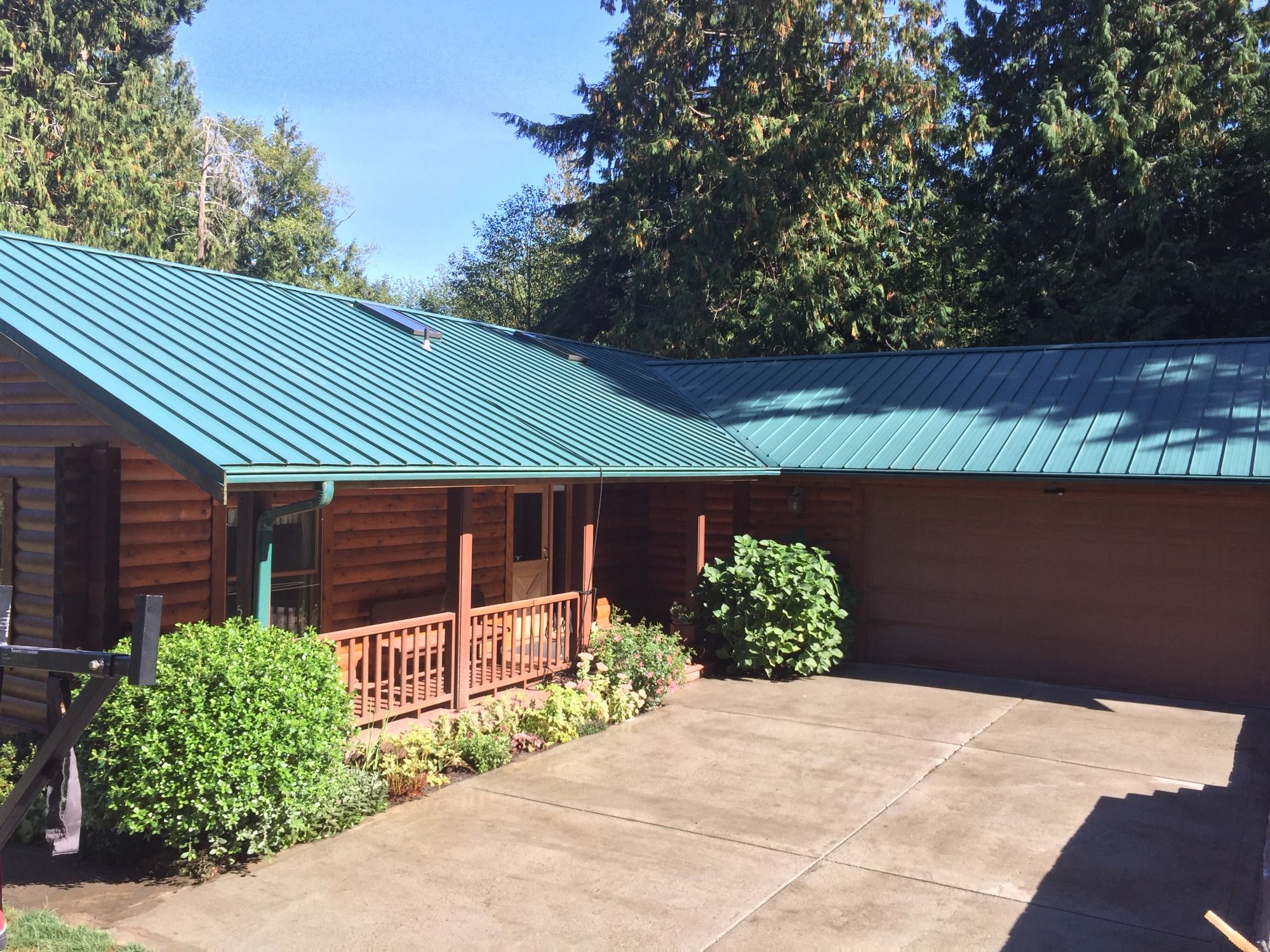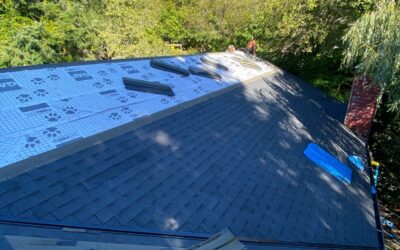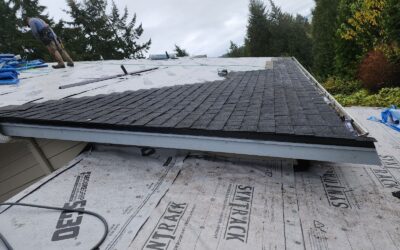When your roof shows signs of wear and tear, you might wonder whether it’s time for a repair or a complete replacement. Understanding the right approach is crucial to maintaining the safety, efficiency, and value of your home.
Signs That Roof Repair Might Be Enough
For many homeowners, the first instinct when facing roof issues is to opt for repairs. Repairs are often sufficient if:
- Minor Damage: If the damage is limited to a few shingles or a small area, such as a couple of cracked or missing shingles after a storm, a repair might be all that’s needed.
- Leakage in a Small Area: If you notice a leak that’s confined to one spot, especially around roof penetrations like vents or chimneys, a targeted repair can solve the problem without replacing the entire roof.
- Your Roof Is Relatively New: If your roof is less than 10-15 years old and has been properly maintained, a repair can extend its life and save you money in the long run.
When It’s Time to Consider Roof Replacement
Sometimes, a repair isn’t enough to ensure the safety and durability of your roof. Consider a full replacement if:
- Extensive Damage: If a significant portion of your roof is damaged, or if there are widespread issues like sagging or multiple leaks, a replacement may be the better option.
- The Roof Is Approaching the End of Its Lifespan: Most roofing materials have a finite lifespan. For example, asphalt shingles typically last 20-30 years, while metal roofs can last 40-70 years. If your roof is nearing the end of its expected lifespan, replacing it might be more cost-effective in the long term.
- Frequent Repairs: If you find yourself constantly repairing your roof, the cumulative cost of these repairs might exceed the cost of a full replacement. Moreover, constant repairs can be a sign that your roof is failing and needs to be replaced.
Factors That Influence Your Decision
When deciding between repair and replacement, consider the following factors:
- Cost: While repairs are generally less expensive upfront, they can add up if issues persist. A replacement is a larger investment but may save money over time.
- Extent of Damage: Small, localized damage can often be repaired, but extensive damage typically requires a full replacement.
- Energy Efficiency: Older roofs might not be as energy-efficient as new ones. A replacement can improve insulation and reduce your energy bills.
- Aesthetic Concerns: If your roof looks worn out or outdated, replacing it can enhance your home’s curb appeal and increase its value.
Tips to Lower Costs for Roof Replacement
- Choose the Right Season: Scheduling your roof replacement during off-peak times, such as late winter or early spring, can sometimes lower costs.
- Research Material Options: Different roofing materials come with varying price points. Opting for durable, cost-effective materials like asphalt shingles can help you stay within budget.
- Get Multiple Quotes: Always get quotes from several contractors to ensure you’re getting the best deal without compromising quality.
Final Thoughts
Making the right choice between repairing or replacing your roof can save you time, money, and stress. It’s essential to evaluate the condition of your roof, consider the costs, and think long-term about your home’s needs. If you’re unsure, consulting with a roofing expert can help you make an informed decision.
Roofing and Maintenance is here to guide you through every step, ensuring you make the best choice for your home. Contact us today to schedule an inspection or to discuss your roofing needs.




